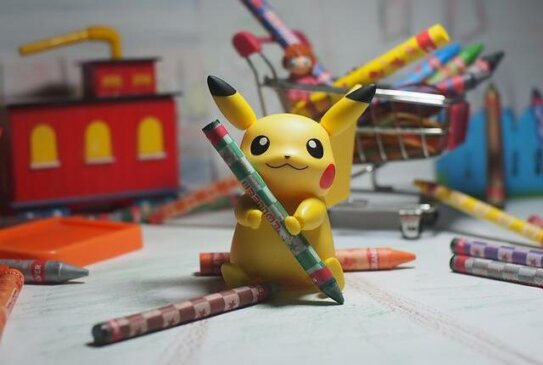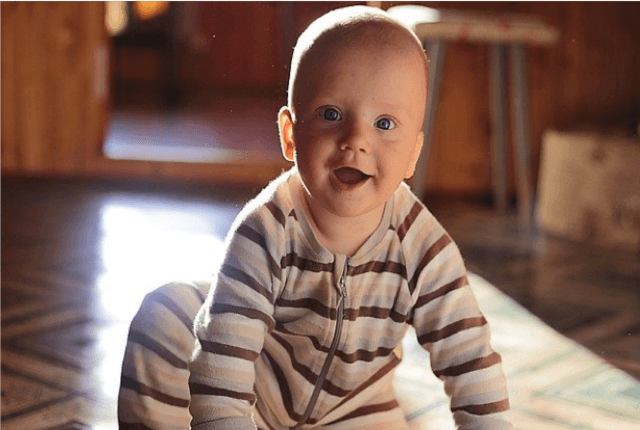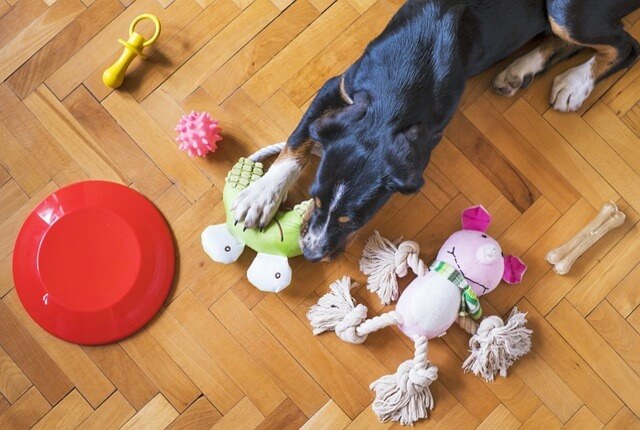Do you know that every baby is a budding scientist eager to know how the world works? No wonder they love to drop their spoons off their feeding tables to discover what happens? This innocent act of theirs is spiked by the curiosity to know how the work works by experimenting with play. Babies love to play and learn so if you are a parent of a budding scientist, it is time you learn how to make your little bundle of joy smarter with indoor games that help brain development.
What does science say about the brain development of babies?
According to global researchers and experts in child development, daily indoor and outdoor games boost brain development in a baby. In fact, they improve language, science, math, and organizational skills, known as executive functions, with social skills and emotional learning.
Quality Interactions
Every time a baby coos, you often find caregivers responding to them. Every time a baby babbles, responding to them like you are having a conversation helps them to become social and aids in brain development.
Where is the cup?
When your baby reaches four to seven months of age, he/she develops object permanence or the act of understanding that something exists even when it cannot be seen. A simple game of moving a cup out of sight from your baby and asking him/her where it is helps you to develop the memory milestone of your child.
Baby gym time
The above does not mean that you need to take your bundle of joy to a spin class. Physical activity is the key here so think crawling, tummy time, walking, parent-baby swimming classes for cognitive development for your child. Researchers in Canada discovered physical activity boosts language skills and executive functions in kids from the age of 5 onwards.
Time for rhymes
Reading books with rhyming words to your baby like “The Cat Sat On The Mat” helps him/her to develop phonological awareness- a crucial component for literacy and language. It is prudent for parents to use books here as generally we do not speak to babies or little kids in rhymes. Books do a great job as they expose babies and toddlers to rhymes that we do not regularly use in daily life.
Face time
Face gazing aids the cognitive development of babies as they generally display a preference for faces just a few hours after being born. Researchers at Stanford discovered that by the age of 4 months, babies develop skills for facial recognition similar to adults, and these skills are far more developed than the other cognitive abilities. A simple game like for instance, placing your own face at about 10 to 12 inches from your baby’s face, then switching to another face like a teddy bear, and waiting to see the reaction of your baby will help you hone this important skill in your child.
Building blocks
Building blocks that you received as gifts from your baby shower is one great way for you to hone mathematical skills in your child. With building blocks, babies test their environment and enter into complex concepts linked to math, like for instance, how do structures work, distance, volume, etc.
Quality Interactions
Playing together with your baby helps them to process emotional and social skills better. When your toddler becomes frustrated, speak to them about how they feel- this gives them a sense of value. When parents support the child by telling them how they understand how they feel, they are honing social and emotional concepts.
In conclusion, attentive and focused interactions with affectionate caregivers are the perfect brain builders for your baby. Remember, keep your phone and other digital distractions away when you are playing with your child. For high-quality interactions, stay fully focused with your baby and always stay in the present!





